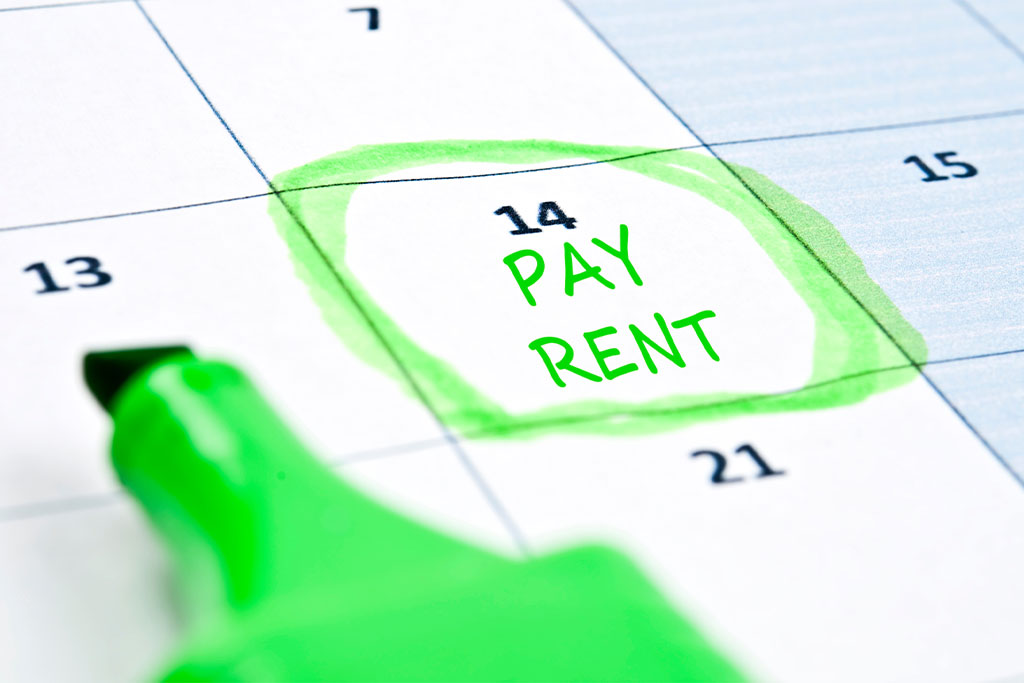For many of us, 2022 was a financially unprecedented time. Recent holiday spending—when paired with the year’s record-breaking inflation—adds to the burden of balancing everyday expenses such as groceries and housing payments. The average American pays $1,326 a month for rent and dedicates 33.1% of their budget to housing, making it the most significant expense for the majority of households.
The beginning of a new year could mean the beginning of a new (and higher) rent payment, and the impact is felt by families on a wide scale.
So, what can you do when your landlord increases your monthly payment? In short, you’ll want to do your homework, have a conversation, and decide what course of action is best for your long-term financial picture.
Our HUD-certified counselors can begin a conversation about where you are today. Take the first step and call.
Consider the market.
Knowledge is power. Before you begin exploring your options, it pays to understand the potential justifications for a rent increase. Are you living in an area where comparable properties are also surging in price? Does your home or building require costly maintenance or improvement the landlord needs to account for? Have there been upgrades to the property in the past year that may have increased the property value?
Doing some market research on your own—and initiating a candid discussion with your landlord if you have a positive relationship—can provide you a big picture sense of whether your landlord is accommodating rising costs and a changing market or if you have possible justification in disputing the rent increase.
Rent increases must be provided in writing (do not accept a verbal agreement) and you may wish to seek legal counsel if you feel your landlord has raised the rent in a discriminatory manner or in retaliation against you.
Understand your state laws.
It’s important to understand what legal protections you have as a tenant. States have varying laws that dictate when and how a landlord must notify tenants of a rent increase. For example, in the state of Michigan, residents must receive a 90-day written notice and at least a 30-day period to respond.
The length of your notification period and the amount of the increase depends on the type of rental agreement you have and whether you live in a rent-controlled area (currently New York, New Jersey, California, Maryland, and Washington D.C. are the only states where rent control regulations exist.)
If you have a fixed-term lease, the landlord cannot raise the rent until the lease period comes to an end. If you have a month-to-month lease, the landlord can increase rent by providing notice. For a majority of states, this period is 30 days.
To learn the specifics of your state’s laws, visit the U.S. Housing and Urban Development website, click on your state, and then select “Get Rental Help.”
Propose a compromise.
If you feel a rent increase will create undue strain on your financial picture, schedule some time to discuss the situation with your landlord to see if more favorable terms can be reached. There are a few pathways you can consider here.
One strategy is relying on a strong rental history as leverage. Do you consistently make payments on time and communicate maintenance needs promptly? Remind your landlord of your good standing and—if they aren’t amenable to maintaining the current pricing—request a smaller increase that still aligns with comparable rentals in your neighborhood.
Another way forward could be offering to sign a longer-term lease that goes beyond the traditional 12-month timeframe. Some landlords might be willing to maintain the current rent rate in exchange for not having to spend time or money in securing new tenants. Alternatively, you might propose signing a new lease for a short, manageable duration to ensure the unit becomes available at the best time to secure a new renter (typically in the summer.)
If a compromise can’t be reached, consider asking for a price reduction that could help offset the increase. For example, would they be willing to waive storage costs, parking fees, pet rent, or a utility bill if you agree to the new terms?
Regardless of your strategy, embrace a non-confrontational approach as you negotiate and request that all final agreements be in writing.
Our HUD-certified counselors can begin a conversation about where you are today. Take the first step and call.
Compare costs.
If your negotiations don’t move the needle, compare the pros and cons of either moving (which involve substantial short-term expenses such as application fees, moving trucks, storage, and down payments on a new apartment or home) or staying put and creating room in your budget for the rent increase. Ask yourself: which scenario has a lesser impact on my financial picture?
The reality for many people is a crowded and competitive rental market and a limited number of vacancies. If moving is still the more desirable option, communicate your plans with your landlord and consider request an extension of the current rate you pay just until you’ve secured a new address.
Connect to resources.
At 995Hope, our certified and empathetic team provides free, confidential renter counseling to help you navigate challenges you may be facing (such as reduced income which can impact your ability to pay rent.) We’re also able to refer you to local, statewide, and national housing resources. We can even help facilitate communications with your landlord or property manager. Let us be part of your solution.




